The United Nations Security Council has approved a US-backed resolution supporting Morocco's claim to the disputed Western Sahara, despite fierce opposition from Algeria. The resolution, which was adopted on Friday, offers the strongest endorsement yet for Morocco's plan to retain sovereignty over the territory, which also has backing from most European Union members and a growing number of African allies.
The resolution refers to Morocco's plan as a basis for negotiation, but makes no mention of a referendum on self-determination that includes independence as an option, a solution long favored by the pro-independence Polisario Front and its allies, including Algeria, Russia, and China. Western Sahara is a phosphate-rich region that has been at the center of a decades-long dispute between Morocco and the Polisario Front, which has been recognized by some African countries as the legitimate representative of the Sahrawi people.
The resolution was adopted by a vote of 12-0, with three countries - Algeria, Russia, and China - abstaining. The US ambassador to the UN, Linda Thomas-Greenfield, said the resolution "recognizes Morocco's sovereignty over Western Sahara and provides a framework for a negotiated settlement." Morocco's ambassador to the UN, Omar Hilale, welcomed the resolution, saying it "marks a significant step forward in the peace process."
The dispute over Western Sahara dates back to the 1970s, when Morocco annexed the territory after Spain withdrew its colonial administration. The Polisario Front, which was formed in 1973, has been fighting for independence ever since. The conflict has resulted in the displacement of thousands of people and has had a significant impact on the region's economy.
The approval of the resolution is seen as a significant victory for Morocco, which has been pushing for recognition of its sovereignty over Western Sahara. The country has been working to develop the territory's economy, including the exploitation of its phosphate reserves, which are estimated to be among the largest in the world. Morocco's plan for Western Sahara includes the creation of a special economic zone and the development of infrastructure, including roads and ports.
The resolution is also seen as a blow to the Polisario Front, which has been calling for a referendum on self-determination that includes independence as an option. The group's leader, Brahim Ghali, said the resolution "is a betrayal of the Sahrawi people and a blow to their aspirations for independence." Algeria, which has been a key ally of the Polisario Front, also expressed its opposition to the resolution, saying it "does not take into account the legitimate aspirations of the Sahrawi people."
The current status of the Western Sahara dispute is complex, with multiple stakeholders involved. The Polisario Front continues to call for a referendum on self-determination, while Morocco is pushing for recognition of its sovereignty over the territory. The UN has been involved in the conflict for decades, with various resolutions and peace plans put forward over the years. The latest resolution is seen as a significant development in the peace process, but its implications are far from clear.
In the coming weeks and months, the situation in Western Sahara is likely to remain tense, with both sides continuing to push for their respective goals. The UN will likely play a key role in mediating the conflict, but the outcome is far from certain. As the situation continues to unfold, one thing is clear: the future of Western Sahara remains uncertain, and the fate of its people hangs in the balance.


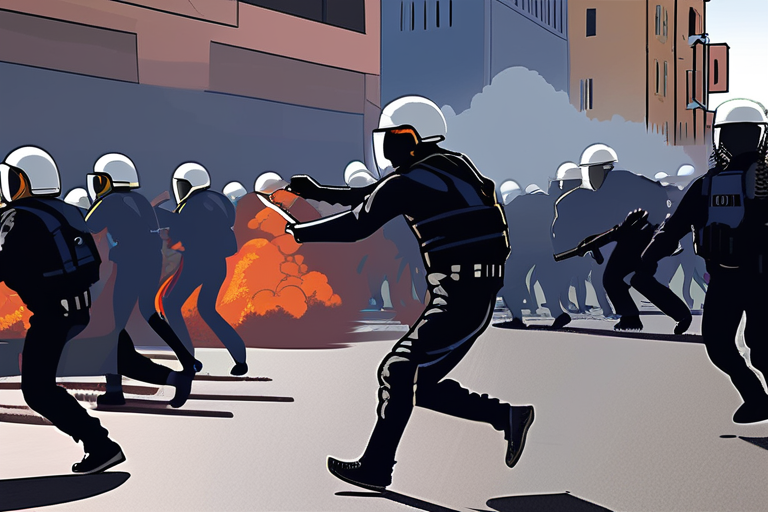
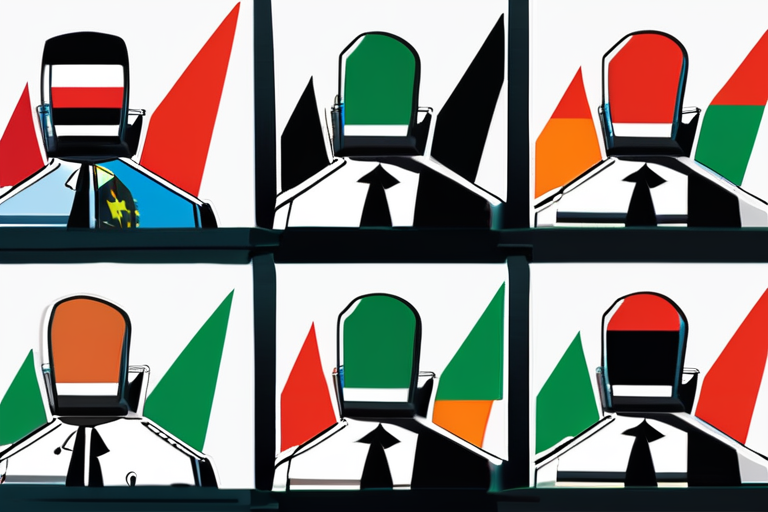
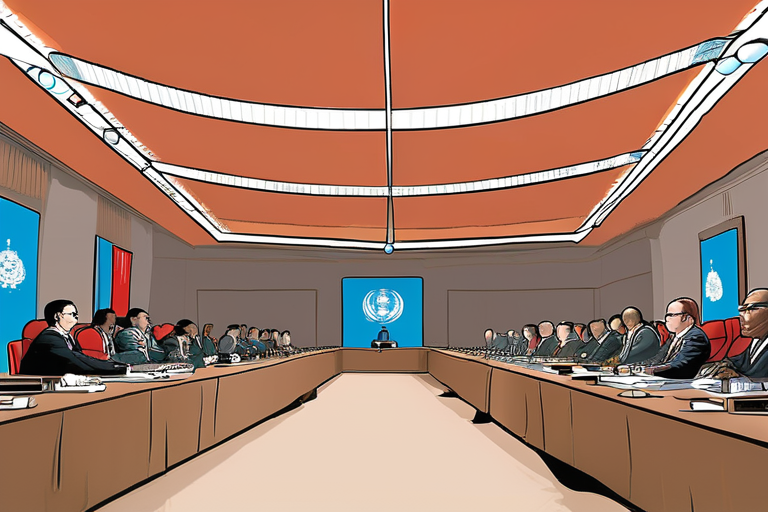
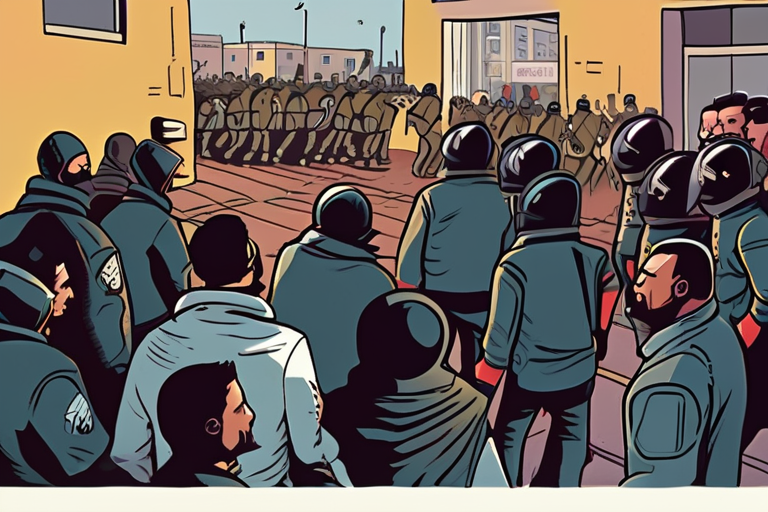
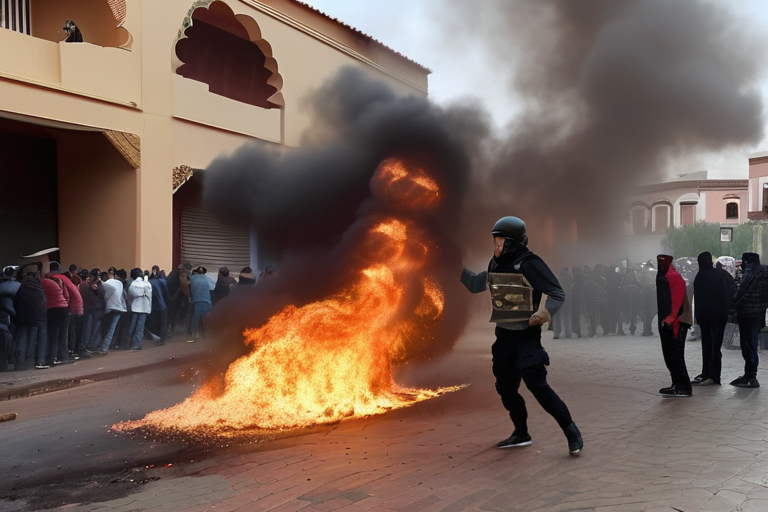
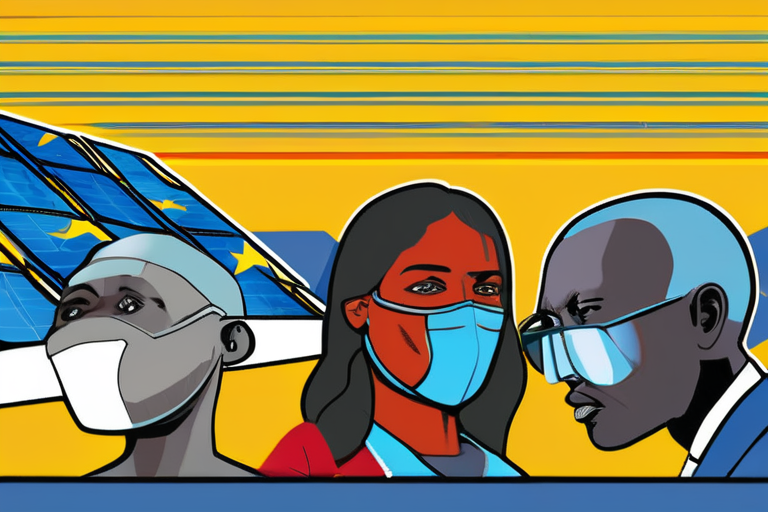
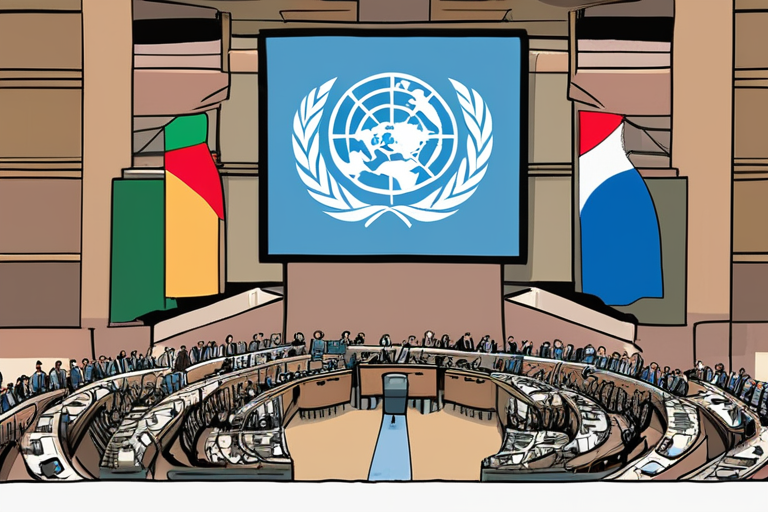
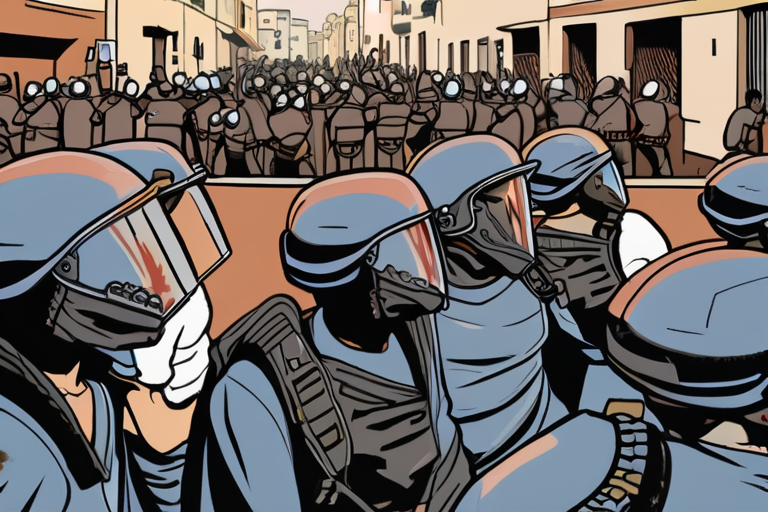

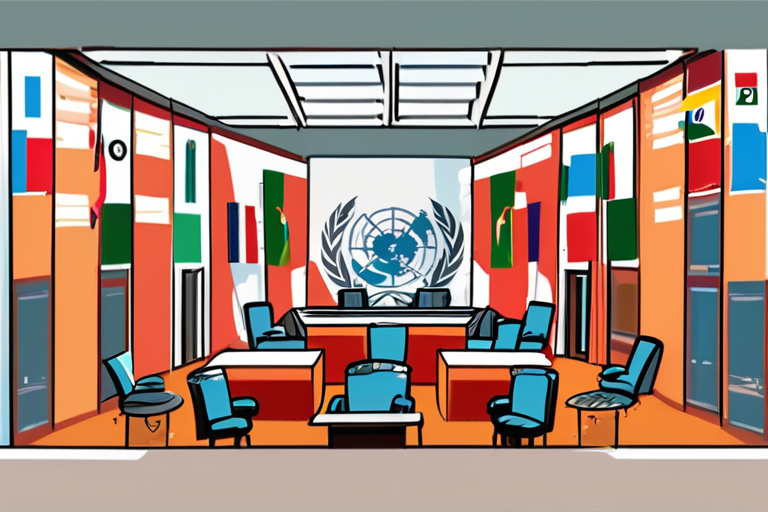

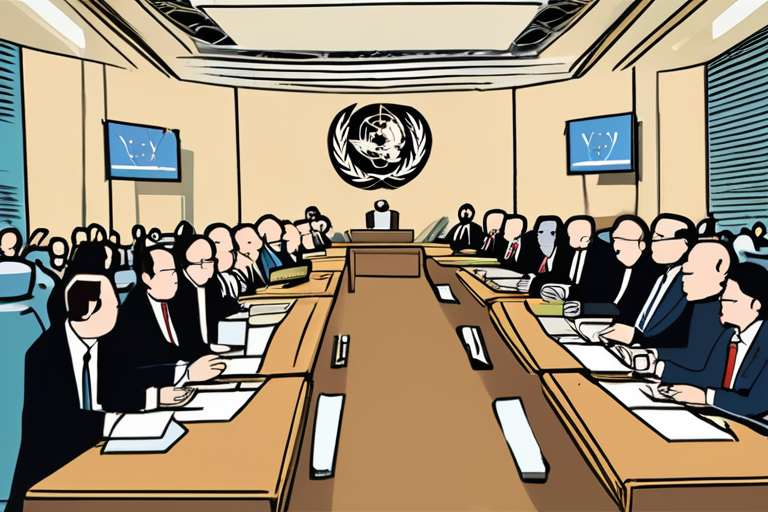
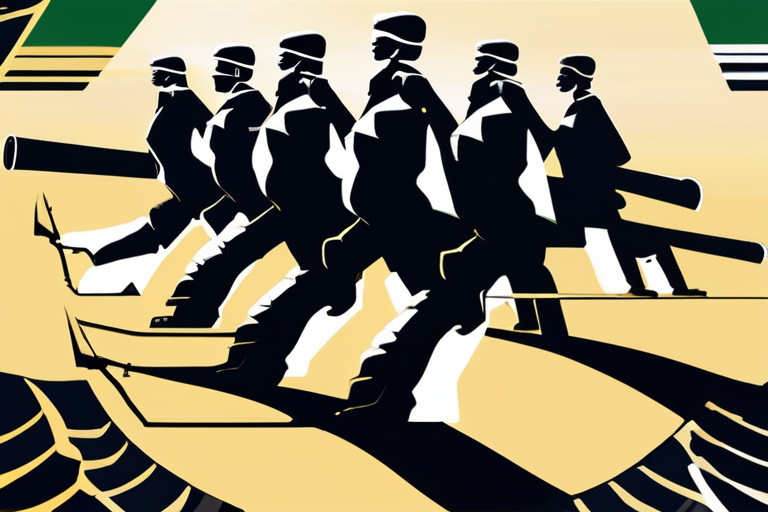
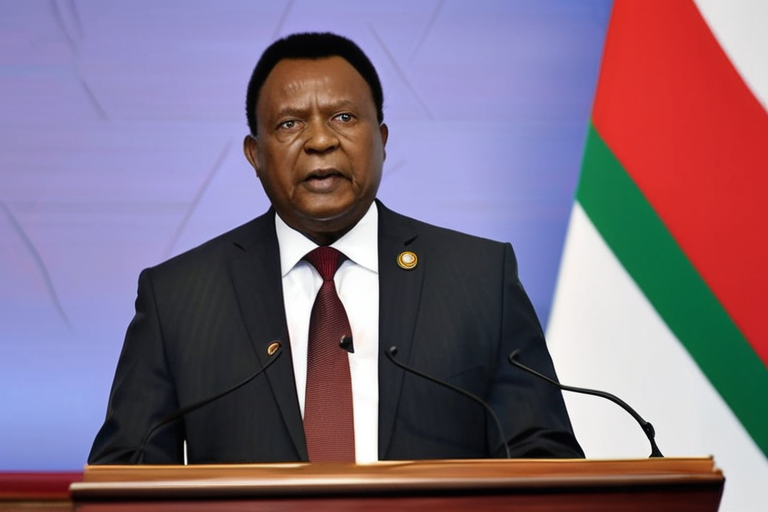

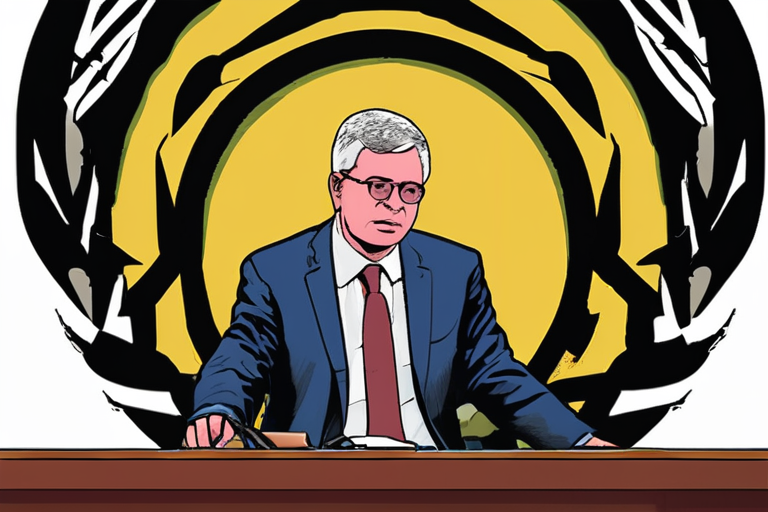
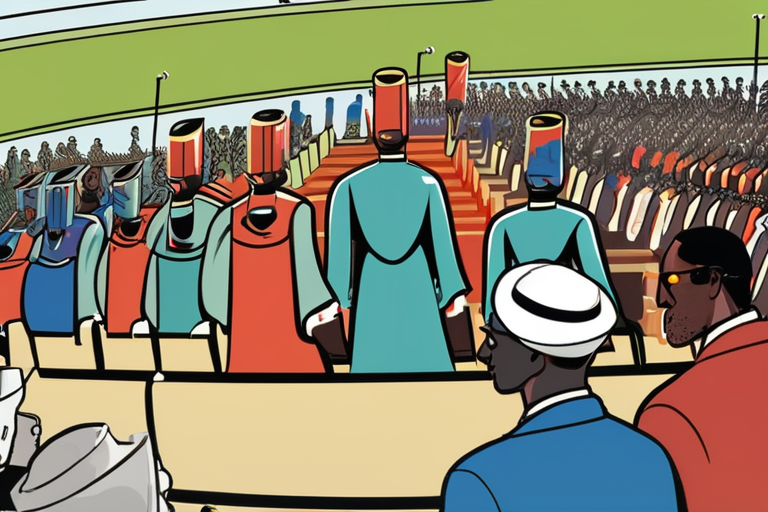
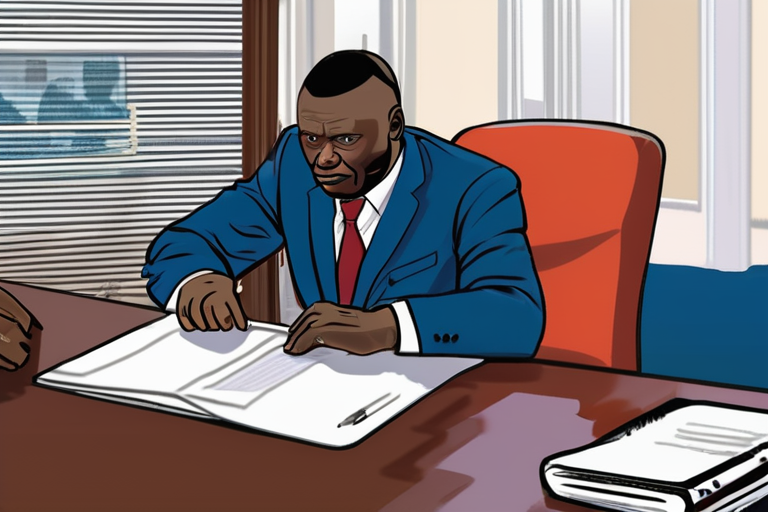
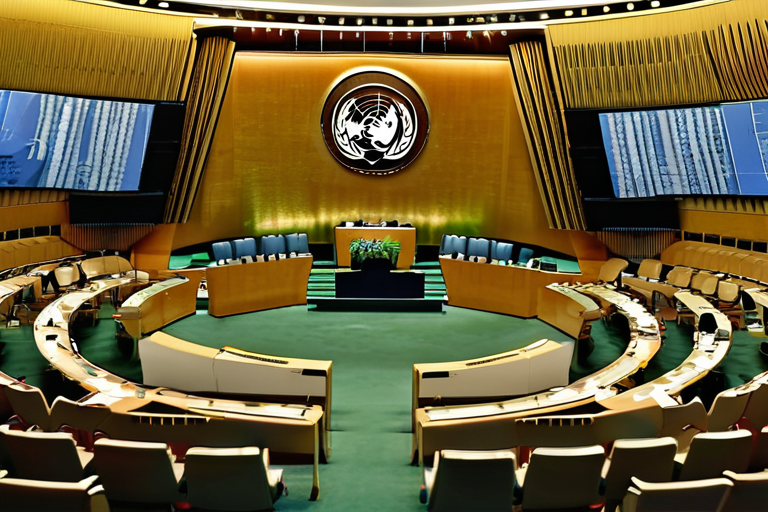
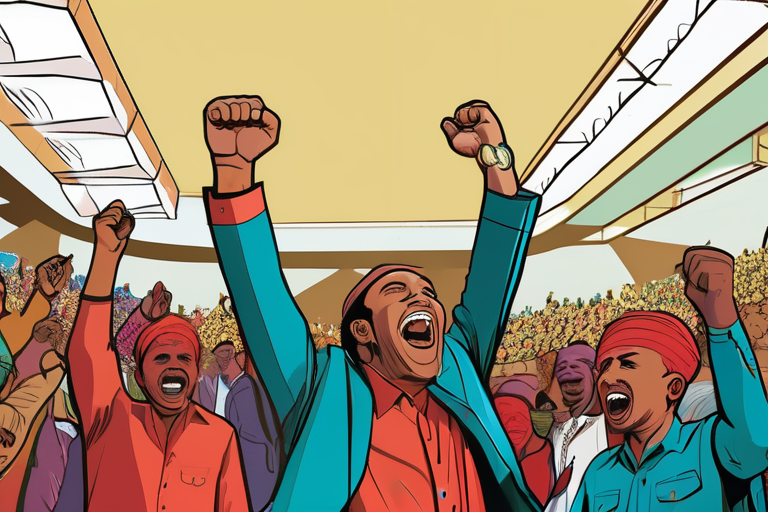
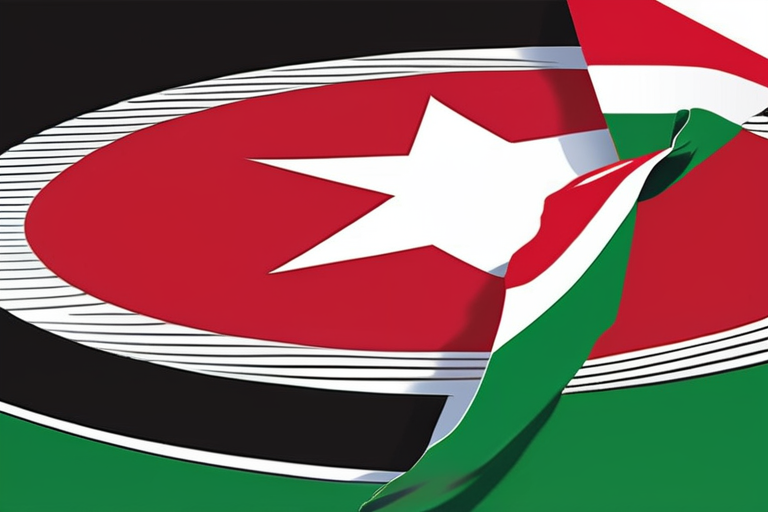
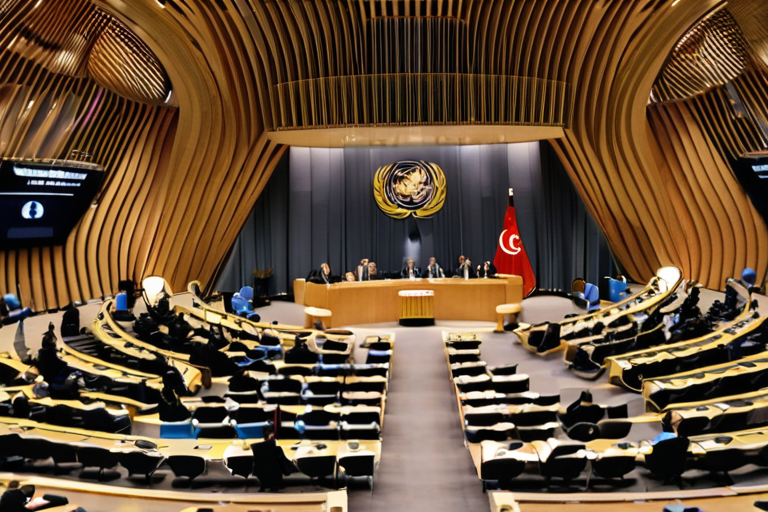
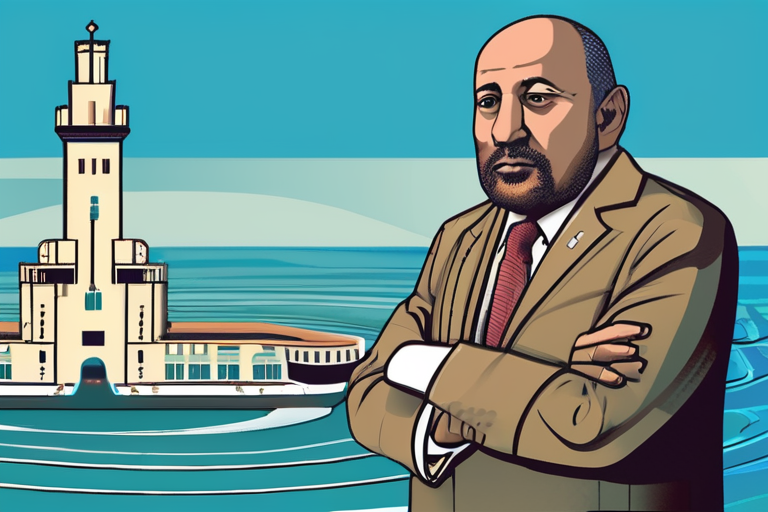
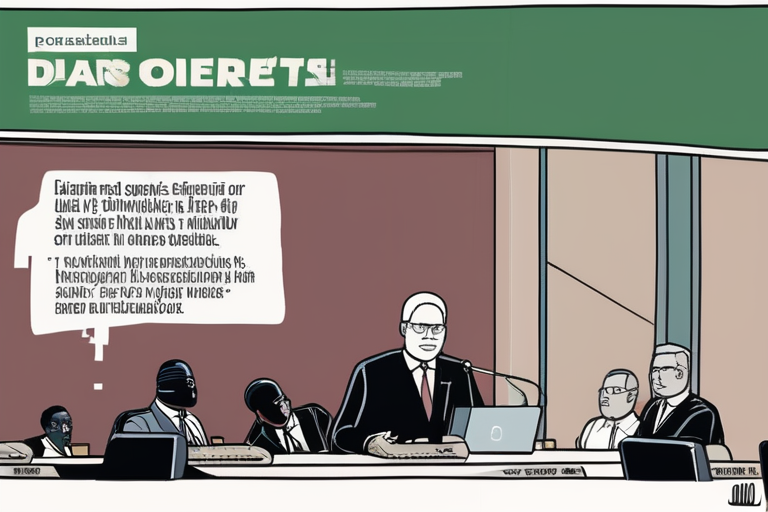
Share & Engage Share
Share this article